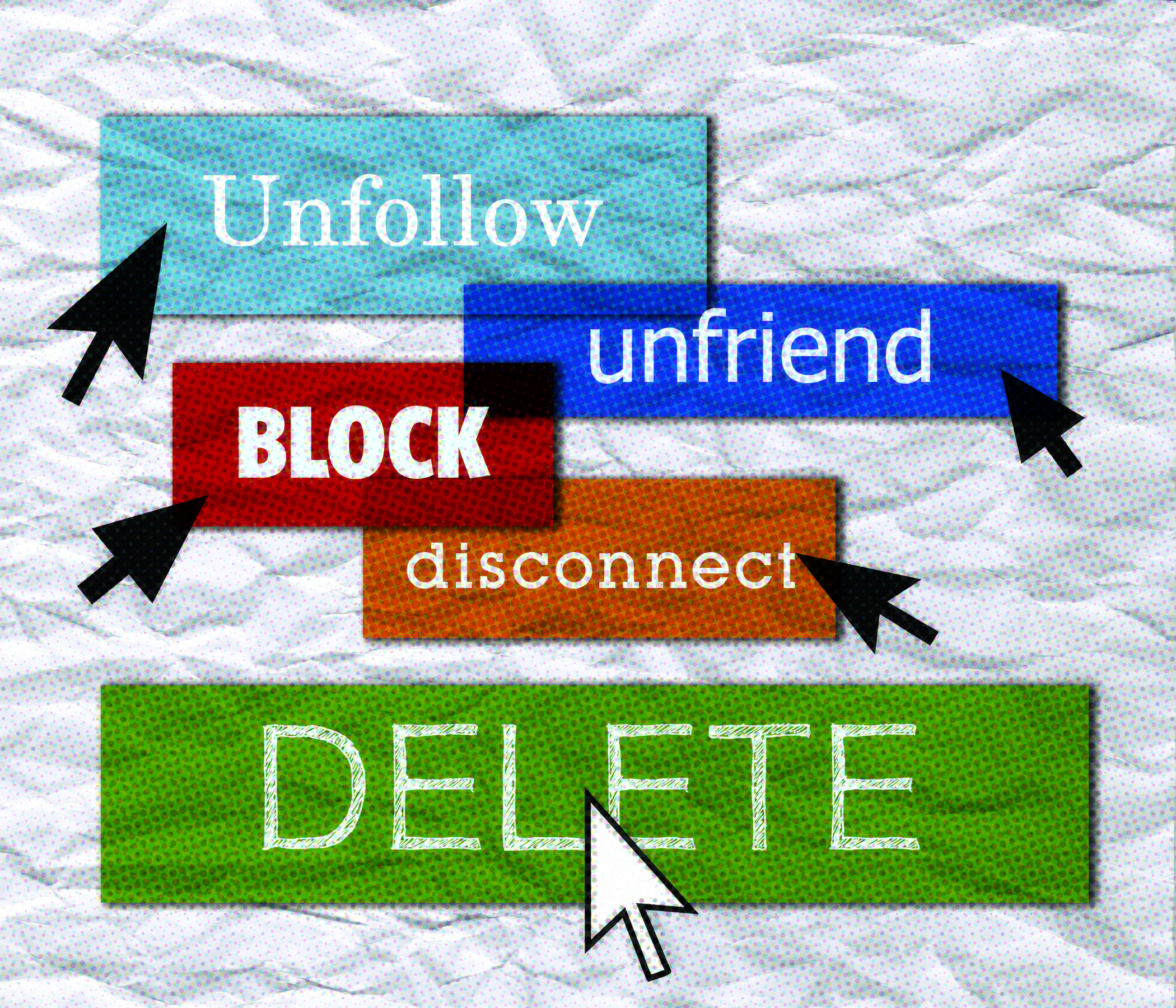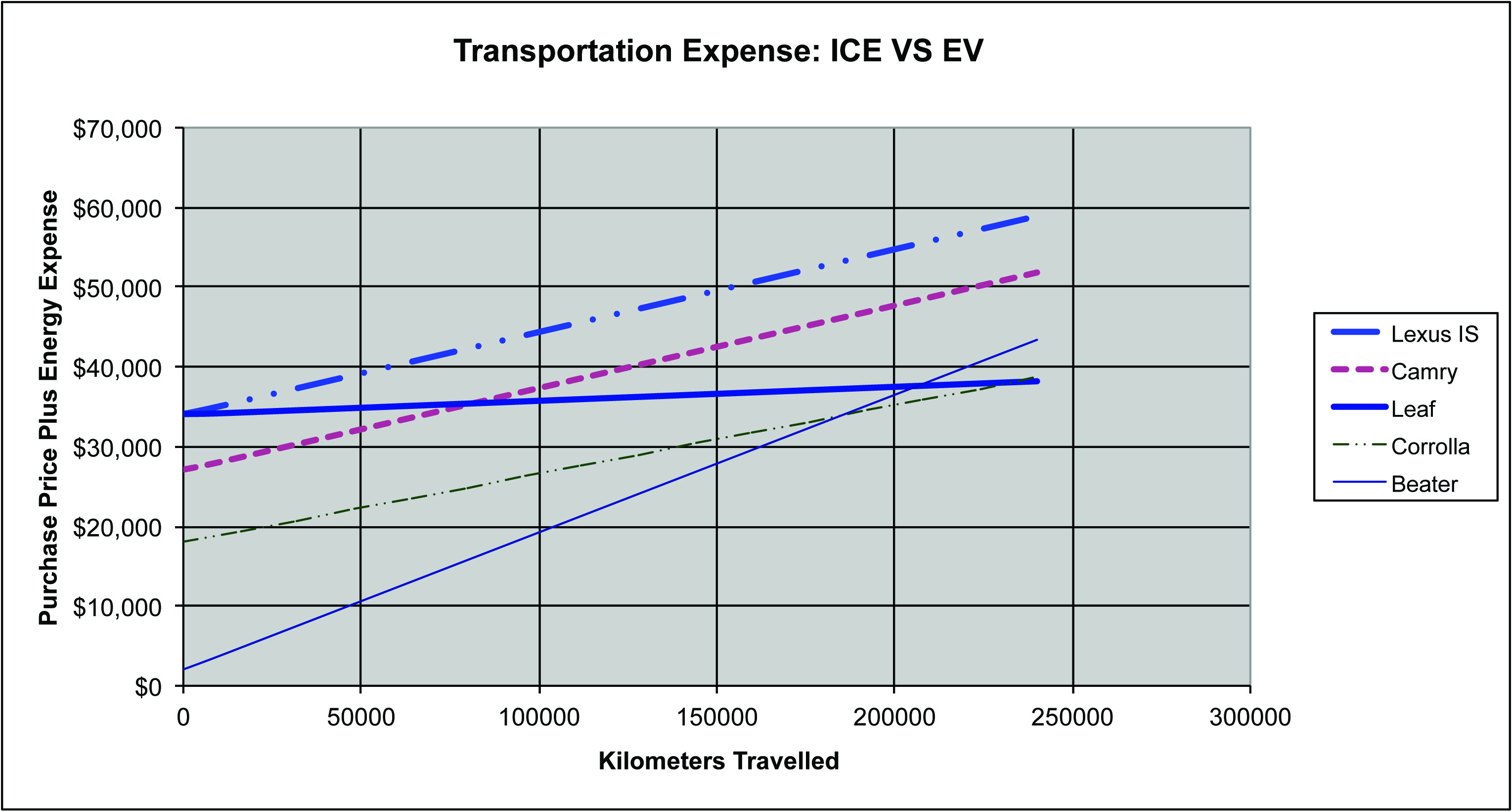“Seek out argument and disputation for their own sake; the grave will supply plenty of time for silence.” – Christopher Hitchens
We delete, unfollow, unfriend. We block “friends.” We erase conflict. We detach without reflection, without fully understanding the factors motivating us to detach. And sometimes, without knowing, in removing intellectual “variety” from our online friend networks, we are actively participating in our own miseducation.
HashtagNoFilterLifeSucksYouJelly?ThatShitCray
Everyday you grow weary of that someone blowing up your news feed or inbox with impersonal notifications – invitations to play silly online games or to attend events of no particular interest to you. You are, by no fault of your own, subject to so much vacuity and carelessness online, that no one would blame you for deleting maniacally enthused, post-happy John Doe.
There are a variety of obvious reasons to delete a contact like John on any given social media platform. And the most common motivating factors likely do include those just listed. Mere annoyance at John’s persistent barrage of vacuous status updates and flourishes of unflattering “selfies” also probably ranks highly on our list of justifications for blocking him.
Those “friends,” like John, bent on detailing the niceties of their latest meal, or chronicling their misadventures in the grocery store parking lot in photo essay form, do nothing to discourage this urge to rid them from our social media landscape either. Nor do such digital acquaintances that habitually treat the Internetz as their unconstrained personal diary strengthen our already shaky faith in humanity.
And the inappropriate cross-platform use of hashtags? Here’s a revelation: hashtags don’t aggregate data on Facebook like they do on Twitter, which is made plainly clear in the name of the Facebook group, “This is not Twitter. Hashtags don’t work here.” The one exception is if you have a keen sense of irony, in which case hashtag on, my Facebook friend.
For superficial reasons like these it’s easy to see how deleting a “friend” might only provide positive returns. No more exposure to the prattle and vanity of John Doe.
“Seek out argument and disputation for their own sake”
Which brings me to my next distinction. There’s a whole other class of people, “friends” that we feel compelled to sever from the lives of our digitized selves.
A colleague at the Manitoban once remarked something to the effect, “If there’s one thing social media has done, that I almost wish it hadn’t, is that it allows me to figure out with such ease which people on my friends lists are racist.”
The Internet bigot: all-too comfortable in his or her own skin, flippantly making wild generalizations about marginalized or misunderstood groups of people online. Interacting even passively with this class of scaly, reptilian troglodyte constitutes a departure from the less subtle motivations we have to delete people that merely annoy us on a superficial level.
But maybe these people should be deleted far less quickly than the lesser assholes like John Doe.
Some Internet bigotry is performed with brazen self-assurance, and it may seem our only recourse is to distance ourselves from such bile-belching mouth-breathers by blocking or deleting them. Certainly, most people don’t seek out and surround themselves with racists for their charm and mature sense of comedic timing.
Conversing with social activist-types on how to deal with this kind of openly bigoted attitude online, the answers vary in delivery but many end on the same note: confront the person. Send them a message, join the comment thread, do something to reach out to them and a) give them a spittle-mouthed scathing, or b) give them a chance to correct themselves. To say nothing is to enable the bigot to go on perpetuating harmful stereotypes unchallenged at his and everyone’s peril.
The beautiful (and cursed) thing about the Internet and social media is that we have the opportunity to carefully select our words in a strategic manner to articulate either one of the two aforementioned approaches. Both are likely to achieve very different outcomes and, as mentioned, depending on the bigot, sometimes the best option is a blunt “Fuck you, bigot,” rendered publicly in the comment feed followed swiftly by deletion.
If a descent into trolldom in the face of online bullying and bigotry is what you need to do get through the day, have at it.
The less obvious and more constructive thing to do, if possible, is to contextualize and explain to them, in a non-condescending manner, why they are wrong to associate themselves with hate speech, and why different forms appear to be more socially condoned than others. Worst-case scenario: if they’re dismissive or disrespectful, you come away having given humanity another chance, sadly, with your suspicions intact.
I am so SMRT
And then there’s the pseudo intellectual type—at least as vociferous on social media as we are—that we find ourselves poles apart from, politically, spiritually, and socially. These members of our online social community irritate us on a more basal level: people with posts as predictably matter-of-fact as they are persistent.
Once in a while you develop the faintest sense that, we’ll call her Jane Doe, is in reality an apolitical demagogue, and her bold affirmations and affiliations to this or that “idea” are simply extensions of a kind of conspicuous expressionism – the act of “sharing” something for the purpose of having others see you do it.
For example, if Jane wanted to appear intellectual, she’d serially share materials online that she perceived to have a desirable intellectual quality to them, with the unexpressed and semi-conscious intent of having her social network learn, through habituation and association, to attribute this level of intellect to her.
More than an interest in edifying herself, Jane is most concerned with maintaining the perception (through social media) that she is learned. This sounds like a mild form of sociopathy, and it probably is.
To unfriend, or not to unfriend?
I’ve hovered many a cursor over the unfriend/unfollow setting for various “friends” that post and share articles and updates that insult my fragile cosmopolitan sensibilities, unsure of what to make of my own hesitancy. I’ve found restraint in these moments to be my greatest ally, as keeping your social network enemies close can prove to be beneficial in a number of ways.
Living alongside the notion of cultivating positivity in your everyday life, we have an equally trying challenge to understand how and why people think what they think. Cultivating a varied social media landscape—with “friends” you couldn’t bring yourself to piss on were they burning—provides us with an opportunity to influence, and a window into the minds of people that differ drastically from us.
Of course, everyone has a threshold for conceit, bullshit, or bigotry. There is a balance everyone must manage between willfully exposing themselves to disparate and sometimes heinous worldviews just for the sake of taking a pulse of the online cultural and political landscape.
If you can remain strong enough to not censor or sterilize your experience of the Internet’z many trolls, you could stand to gain a more nuanced understanding of why people are so fucked up. And that, friends, is something that no further amount of Farmville requests, “NoFilter” hashtags, or bigoted status updates can ever take away from you.




